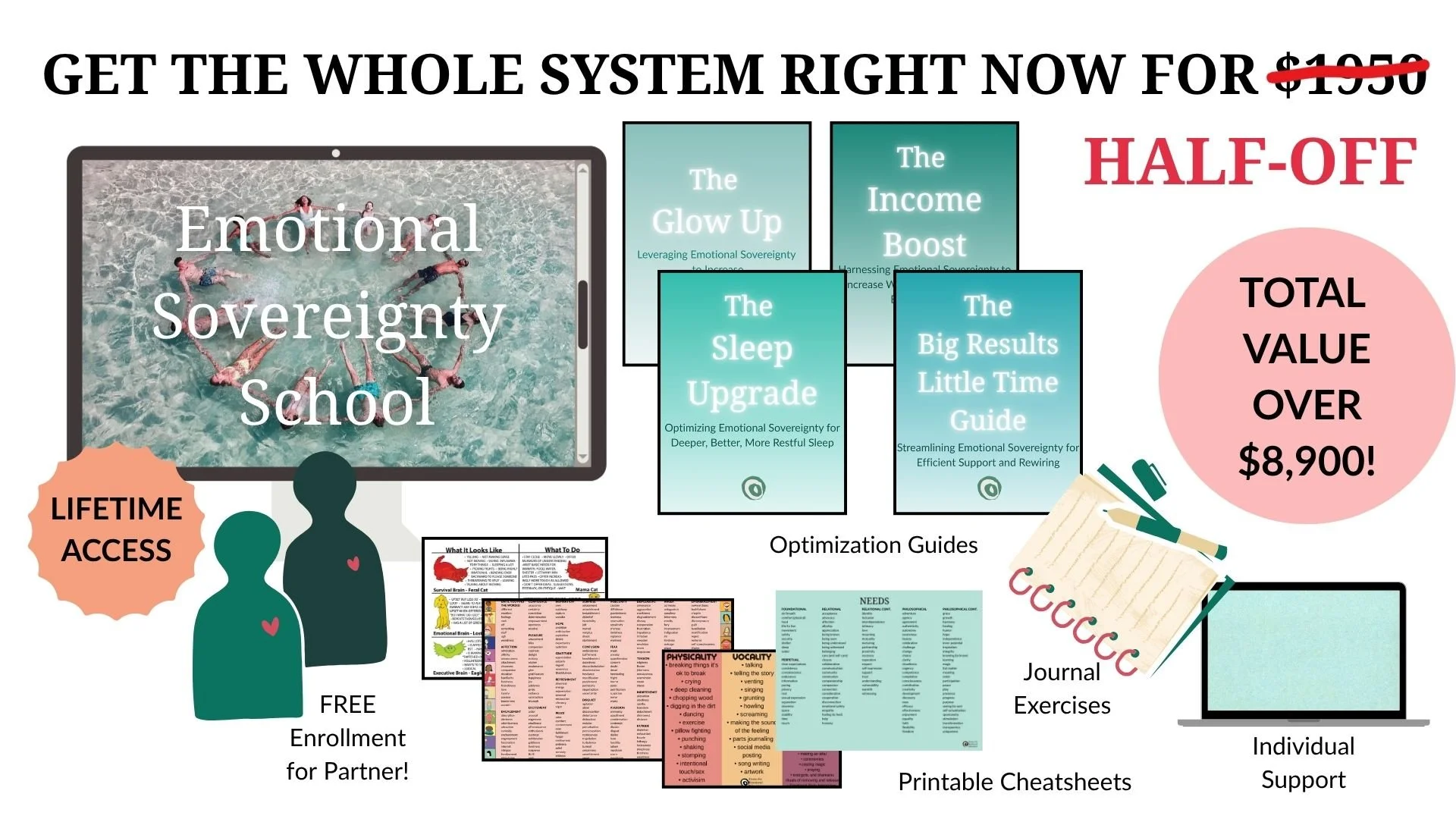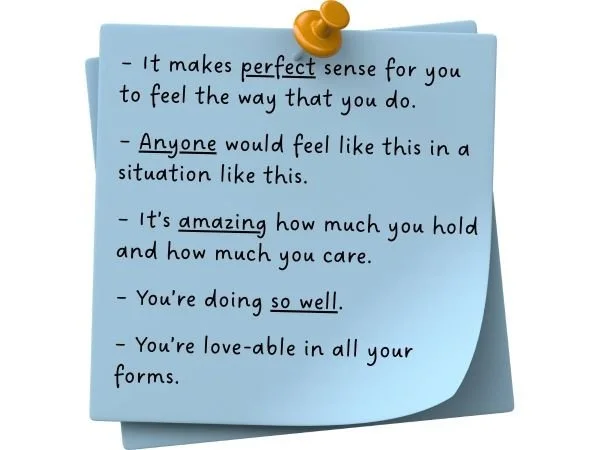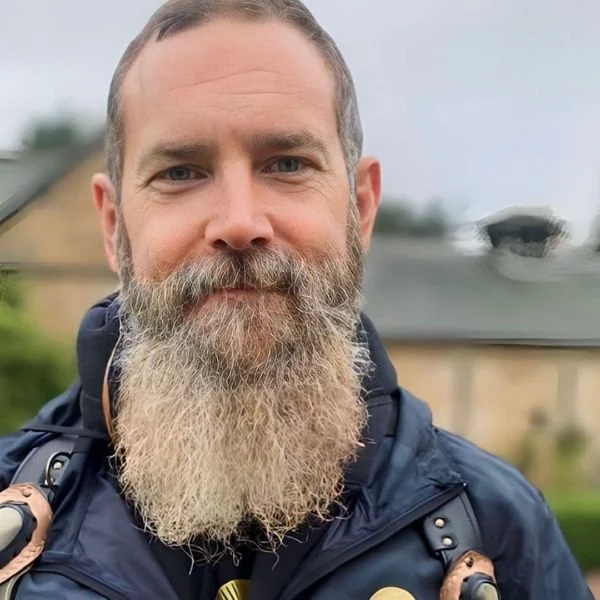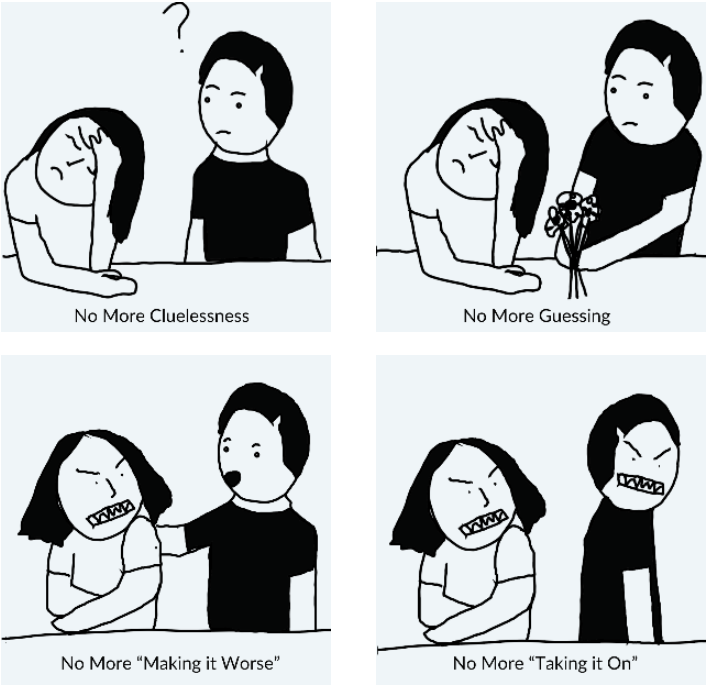(Photo from Nathan of Echo, BobbyJon, and me at one of our favorite river spots.)
Sometimes...
When the air is the same temperature as my body,
and I have a blue watery horizon to rest my eyes on,
and maybe there's a thick picnic blanket under my bum,
some pistachio salt on my lips,
and my river-loving lover's calf is rested gently against my calf...
And...
Even if my mind drifts further out to the rays of light that are my favorite people...
And through the crystal ball of this blissful moment I tune into them,
into their unique immediate worlds,
and all seems well
I think to myself:
Oh. I've cracked the code to life.
This is what it's about.
I have arrived.
But then...
I love it too much.
I want to bottle it.
Or freeze it.
Or repeat it.
This tiny moment in time where everything on my outside tells my insides that it's ok.
And the wanting to keep it or repeat it, pings my amygdala.
Sends a scrambly old message of urgency and effort to my cells.
Because of course –
soon it won’t be summer.
One of those rays of light might have her heart broken,
or be in a fight with a co-worker,
or miss the important deadline for the important thing.
And sometimes...
There are no pistachios and I don't know what to eat,
And the sheets have been stripped but not yet replaced
and I'm sleepy enough to find this a disaster/emergency,
Or my river-loving lover is too cold for my cold skin to touch.
There will always be moments when my outsides tell my insides that it's not ok.
(Sure, everything is always “ok” if you zoom out to evolution, the cosmos, or glacial time.
But that’s not the scale my heart lives on.
My heart is nose-deep in the grass of now.
It knows what day of the week it is.
It knows what’s in the fridge.
Glaciers don’t.)
I’ve never liked being vulnerable to circumstances I can’t control.
There’s just too much powerlessness in that for me, thank you very much.
And yes, of course –
I tried inserting my considerable power over those circumstances.
I became the Miracle Woman™
(the one who does it all, all the time).
But we all know how that story ends.
No one wants that on their tombstone.
Instead, I want power over my experience.
I don't want my inner Serene Queen to have to wait on a summer day.
It took me years to figure out how to find her in the "off-season",
the land of less-than-ideal external circumstances...
But now I know where she resides and how to bring her forth.
I won't bore you with it,
but there's a long montage to insert here of years of neuroscience research,
and putting theory to practice in the "lab" of our relationship, family, and client sessions.
Skip the montage...
and take the shortcut we made.
If you want to find your Serene Queen, regardless of season or circumstance,
let’s talk.
Or if you’re past talking,
and just want to feel better already,
you’re perfectly on time.
Emotional Sovereignty School was made for this.
This framework gives you the ability to steer your internal state –
no matter what’s happening outside.
In any case,
our inner goddesses see the inner goddess in you.
So you know –
Our 🐦⬛ Early Bird 50% Off, Is Ending Soon:
LIVE Emotional Sovereignty School
⛓️💥The step-by-step training in how your brain and nervous system really work – and what to do when they’re hijacked.
✨ Tuition now $1950 (previously $2500)
✨ Get 50% off with code BIRDIE thru July 25
✨ Bonuses include: The Glow Up, Sleep Upgrade, Income Boost, and Big Results Little Time


































